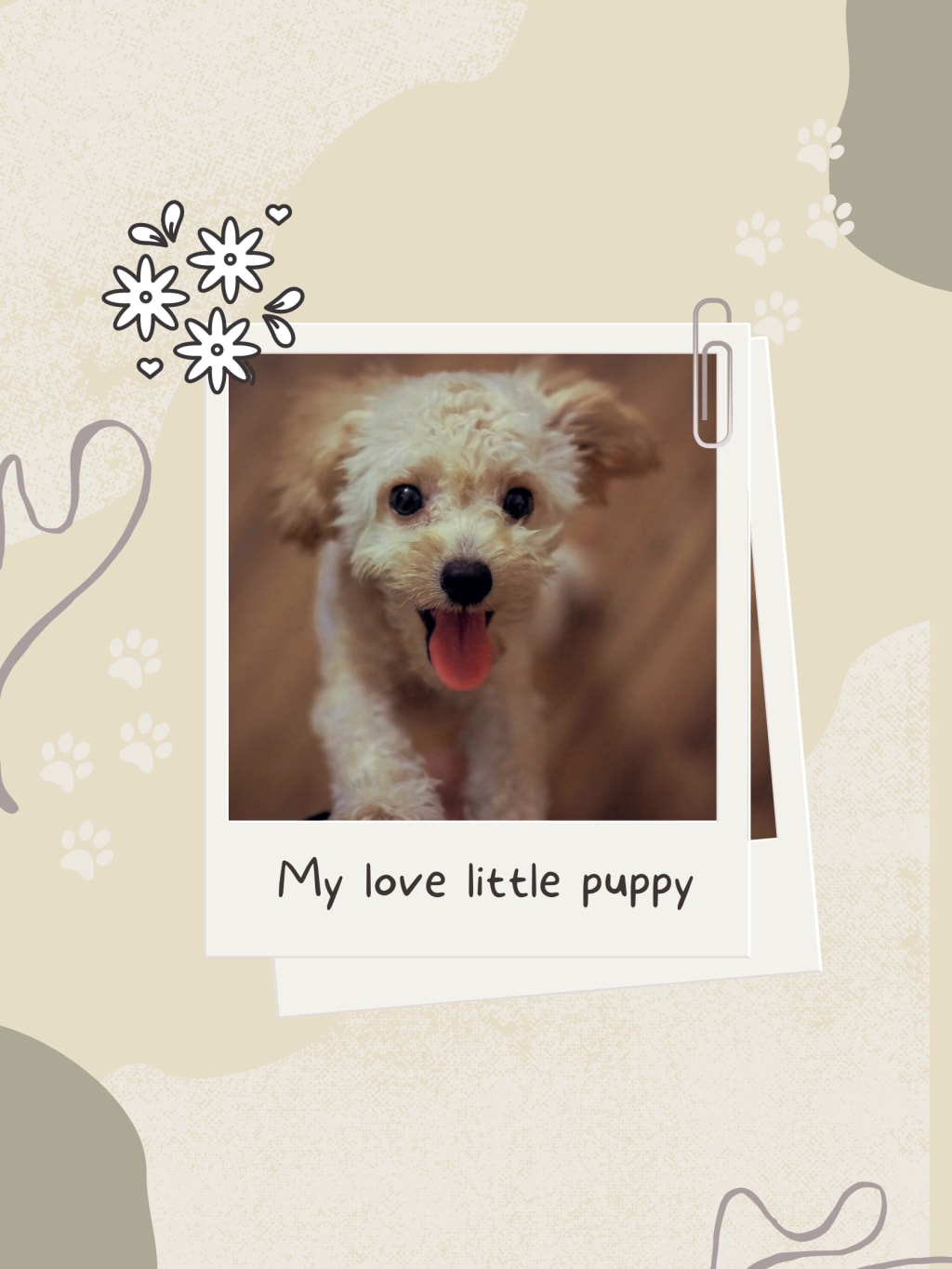Understanding the growth stages of a puppy/kitten
Pets Growth Stages

As a pet owner, it’s important to understand the growth stages of a puppy or kitten to provide them with the best care possible. From birth to adulthood, puppies and kittens go through a series of physical and behavioral changes that require different types of care and attention. In this article, we’ll take an in-depth look at each of these growth stages to help you better understand your pet’s development.
Click Here To Get The ULTIMATE Guide to DOG Health
Neonatal Stage (0-2 Weeks)
The neonatal stage is the first stage of a puppy or kitten’s life, which lasts from birth to around two weeks of age. During this stage, puppies and kittens are completely dependent on their mother for food and care. They are born with their eyes and ears closed and spend most of their time sleeping and nursing.
Their mother will provide them with warmth, stimulation, and milk to help them develop. It’s important to provide the mother with a comfortable and safe environment during this stage to ensure that she can care for her litter properly.
Transitional Stage (2-4 Weeks)
During the transitional stage, a puppy or kitten’s eyes and ears begin to open, and they start to become more aware of their surroundings. They may start to crawl and explore their environment, and their teeth will begin to emerge. They will still spend most of their time sleeping and nursing, but they will start to become more active and curious.
It’s important to provide a safe and stimulating environment during this stage to encourage exploration and development. You can introduce toys and other objects for them to play with, but make sure they are safe and appropriate for their age.
Click Here To Get The ULTIMATE Guide to DOG Health
Socialization Stage (3-12 Weeks)
The socialization stage is a critical stage in a puppy or kitten’s development, which lasts from three to twelve weeks of age. During this stage, they start to learn social skills and bond with their littermates and mother. They may also start to play and interact with people, and it’s important to introduce them to new experiences and environments during this stage.
Socialization is crucial to help puppies and kittens develop into well-adjusted adult pets. During this stage, you should expose them to a variety of experiences, such as different people, animals, sounds, and environments. This will help them learn how to interact with the world around them and develop confidence and resilience.
Juvenile Stage (3-6 Months)
The juvenile stage is characterized by continued growth and development, which lasts from three to six months of age. During this stage, a puppy or kitten will experience a growth spurt and may become more independent. They will also start to lose their baby teeth and grow their adult teeth, and it’s important to start training them and establishing good habits during this stage.
This is an important stage for training and socialization to ensure that your pet develops into a well-behaved adult. You should start teaching them basic commands, such as “sit,” “stay,” and “come,” and reward them for good behavior. You should also continue to expose them to new experiences and environments to build their confidence and resilience.
Click Here To Get The ULTIMATE Guide to DOG Health
Adolescent Stage (6-12 Months)
The adolescent stage is a time of continued growth and development, which lasts from six to twelve months of age. During this stage, puppies and kittens will continue to grow and may become more independent. They may start to explore their environment more and become more curious about their surroundings.
It’s important to continue training and socialization during this stage to help them develop into well-adjusted adult pets. You should continue to teach them new commands and provide them with plenty of opportunities for play and exercise. You should also ensure that they are getting proper nutrition and veterinary care to support their growth and development.
Adult Stage (1-7 Years)
Once a puppy or kitten reaches adulthood, their growth will slow down, and they will become more settled in their habits and behavior. They will require ongoing nutrition, exercise, and veterinary care to stay healthy and happy. It’s important to provide them with regular check-ups and vaccinations, as well as proper nutrition and exercise to keep them in good health.
During the adult stage, you can continue to train and socialize them to ensure that they remain well-behaved and happy. You should also provide them with plenty of opportunities for exercise and play to keep them mentally and physically stimulated.
Click Here To Get The ULTIMATE Guide to DOG Health
Conclusion
Understanding the growth stages of a puppy or kitten is crucial to providing them with the best care and attention possible. By understanding the changes that occur during each stage, you can provide them with appropriate nutrition, exercise, training, and socialization to ensure that they develop into healthy, happy adult pets.





Comments
There are no comments for this story
Be the first to respond and start the conversation.